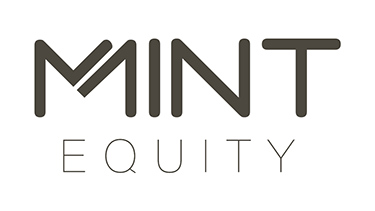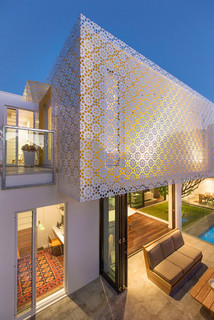Photo courtesy of MG Design & Building
There are many benefits to building your own home – from the outset of being able to personalise your home, through to the proud moment of completion.
For starters, you’ve already saved money by building rather than buying a fully finished property by reducing the amount of stamp duty payable. If you were going to purchase your dream property, fully finished at say $1.5 million, the stamp duty alone is around $67,990 if buying in NSW. By purchasing land at a lower purchase price, you can save tens of thousands of dollars, that can be put towards your final finishes.
Cost comparison buy vs build
Your final valuation will always depend on a range of things such as location, size, finishes but let’s look at the basic acquisition costs of buying vs building.
Build vs buy - * Costs are estimates only.
Even if you manage to find your dream home, it’s likely you will want to make some basic changes to it to personalise it. Allowing $20,000 for redecorating should enable you to make some paint colour changes or replace kitchen cupboard doors to modernise the property.
Finding the right location to build
One of the hardest steps to building is finding the right location. When building your own home which might not be forever, but it will be for a long time, there are a few things to consider both for living, construction and resale.
Accessibility and location
- Consider distance to schools, shopping centres, health and businesses.
- Access to public transport and employment opportunities will assist with both living and resale.
- Check road access for construction. Busy main roads may pose issues for builders and tradies and the RMS may have restrictions on partial lane/road closures to assist with materials being delivered to site. Poor access could increase your construction costs and push out your timeline.
Size of the land
- Consider the land size for both liveability and resale. Check with your local council to find out the ratio of greenspace (gardens) required and make sure the house you want to build fits within that.
- Check zoning with your local council. If the zone allows subdivision, check with a surveyor that the land size meets minimum requirements. This can be beneficial for resale later on.
- When buying, the land size may indicate just how much competition you’ll face when putting in an offer. Wide frontages and low-medium density zoning will attract developers.
Saving costs on home construction
Construction costs can snowball quickly - here are our tips for mitigating the risks of a budget blow out.
Engage professional and experienced builders
- Check their references, insurance and portfolio before engaging the builder.
- Get realistic timelines for start date and completion.
- If you get a hint of unprofessionalism or questionable advice, call it when you see it. Don’t be afraid to let your builder know you’re not happy with response times, finishes or service quality.
Read the contract, visualise your house room by room
- Take the time to review your contract by visualising it – stand in each room of your existing property and look at every component of the room – windows, plasterboards, cornices, carpet, powerpoints, doors, handles, lights etc – then compare each item with what is on the contract. Make a note of anything that is missing or insufficient. For example, do you want the garage walls plastered, or are you happy to see the bricks or unfinished timber?
Powerpoints and lighting are an area where budget can blow out. Think about how you will live in the house, where you will put lamps, phone chargers, plug the vacuum in – then decide if the builder has allocated enough allowance to electrical.
Research the materials
- Check that every material in the contract is what you want and see if there are more cost effective or innovative options that will save you money in the future. Tesla has recently launched solar panel roof tiles, an innovative approach to solar power. Early adoption of new products and innovations means your home will date less quickly than others – and may even be a selling feature.
At the end of the day, buying vs building is an individual choice and building isn’t for everyone as you’ll need to cover living/rent costs during the build. However, mortgage repayments are incremental on the build stages and you don’t pay stamp duty on the build component. To learn more about buying your dream home or building, give us a call.



